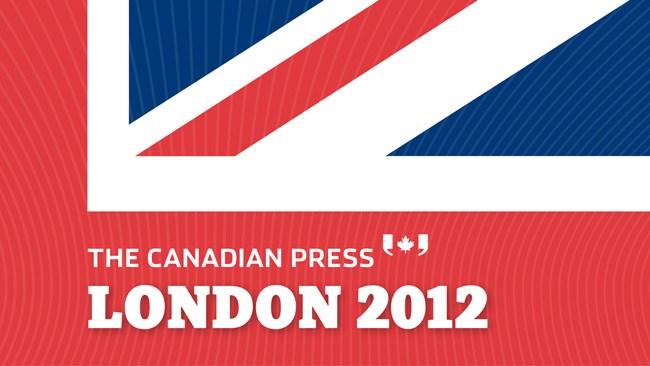LONDON - Premier League club West Ham will move into London's Olympic Stadium, ending the drawn-out negotiations over the future of the 486 million pound ($783 million) venue and preventing it from becoming a "dusty relic."
Under the 99-year deal announced Friday, West Ham will make the short move from its 35,000-capacity Upton Park stadium to the revamped Olympic arena in 2016.
The 80,000-seat stadium, which hosted the opening and closing ceremonies and the track and field competition at the 2012 London Games, will be downsized to 54,000 seats and reconfigured with a new roof and retractable seats.
"This is a truly momentous milestone for London's spectacular Olympic Stadium ensuring its credible and sustainable future," London mayor Boris Johnson said. "Through this deal with West Ham United FC, we are defying the gloomsters who predicted this landmark would become a dusty relic."
As the anchor tenant, West Ham will have primary of use of the stadium, although the venue will retain the running track and stage other sporting events and concerts.
"It's great (for the club), it's had all the legendary moments from the summer in here," West Ham midfielder Joe Cole told The Associated Press. "We hope we can put more great nights on for the West Ham fans."
Britain hopes the stadium can be used to host 2015 Rugby World Cup matches, a year before West Ham is due to move in for the 2016-17 season. The stadium is also scheduled to host the World Athletics Championships in 2017, and is available for other events.
West Ham's priority now is staying in the Premier League, with the team six points above the relegation zone with eight games to play.
"There's a responsibility to bring a good football team in 2016 into the new stadium," Cole said.
After London was awarded the Olympics in 2005, organizing chief Sebastian Coe and the British government wanted the stadium to remain as a venue mainly for track and field after the games.
Under the original plans, the stadium would have been reduced to 25,000 seats after the Olympics with athletics the primary focus. But, in 2010, the company in charge of securing a legacy for Olympic venues allowed football clubs to bid for the stadium.
West Ham was chosen as the preferred bidder the following year, but the deal collapsed following legal challenges from London clubs Tottenham and Leyton Orient.
With the new contract signed Friday — despite Orient pursuing another protest through the courts — West Ham officials criticized the previous policy of keeping football clubs out of the stadium plans.
"It wasn't even foolhardy — it was a form of arrogance," West Ham co-owner David Gold said. "A child would know that the main issue after building the stadium for the Olympics is what is happening in the future."
"The only way athletics is going to enjoy any kind of success is that they've got to join another sport," Gold added.
West Ham will pay only 15 million pounds ($22.7 million) of the conversion costs, which are expected to hit 190 million pounds ($289 million), and an annual rent of around 2 million pounds ($3 million) which would be reduced if the club is relegated from the Premier League.
The club, whose last major title was its third FA Cup success in 1980, will have to share revenue from any naming rights deal and matchday catering, but will keep the cash from ticket sales.
"This is a club that has always had the up-and-downs because they haven't been able to splash the cash," West Ham captain Kevin Nolan said. "They haven't had the stadium to create the revenue so I think this is the perfect opportunity to put this club in amongst the big boys."
But Richard Caborn, who was sports minister when London won the Olympic bid, questioned if the financial advantages West Ham will gain from moving into a publicly-funded stadium are fair.
The move to the stadium is expected to significantly raise the value of the club. If West Ham's owners sell in the next 10 years, they will have to give a share of the sale to the company in charge of securing a legacy for London's Olympic venues.
"West Ham are basically getting a stadium costing more than 600 million pounds for just 15 million pounds and a small amount in annual rent," Caborn said.



